
You May Also Like

Muckraking filmmaker Morgan Spurlock reignites his battle with the food industry — this time from behind the register — as he opens his own fast food restaurant.

September 11th 2001, the day America was under siege. Thrust into defense against the deadliest disaster ever faced. The four coordinated attacks by nineteen individuals, driven by religious extremism, claimed the lives of thousands that day, exposing flaws in the defence of the mightiest nation on the globe. The chaos in the skies sent radio communications into meltdown. Follow the key aspects of the nation’s response as the gravity of the situation unfolds before your very eyes. Through official FAA, Airline, Military and NYC Fire Department recordings, as well as archival footage and reenactments, retrace the critical moments that forced American society to change forever. This documentary will expose the frenzied communication that took place over the airwaves as flight attendants, aviation authorities and the president grappled with a nightmare. Join us as we observe and reflect on the darkest day in American history as we recount those moments minute by minute.
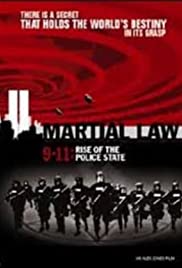
Evil has spread across the land. Martial Law: 9/11 Rise of the Police State exposes the high-tech control grid that is being set up across America Out of the ashes of the September 11th tragedy, a dark empire of war and tyranny has risen. The Constitution has been shredded and America is now a Police State. This film exposes not just who was behind the 9-11 attacks, but the roots and history of its orchestrators.

Cast and crew discuss the 1973 film The Wicker Man, directed by Robin Hardy.
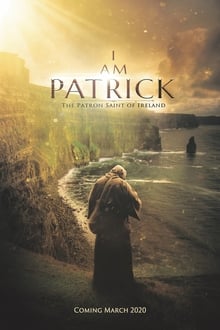
I AM PATRICK peels back centuries of legend and myth to tell the true story of Saint Patrick. Through historical re-enactments, expert interviews and Patrick’s own writings, experience the journey from man to saint.
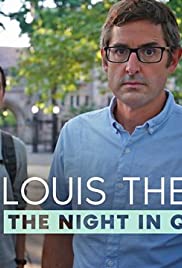
Louis Theroux heads to American college campuses and comes face-to-face with students whose universities are accusing them of sexual assault.
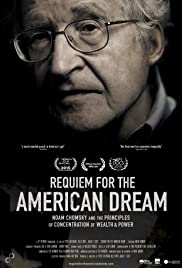
Through interviews filmed over four years, Noam Chomsky unpacks the principles that have brought us to the crossroads of historically unprecedented inequality – tracing a half-century of policies designed to favor the most wealthy at the expense of the majority – while also looking back on his own life of activism and political participation. He provides penetrating insight into what may well be the lasting legacy of our time – the death of the middle class, and swan song of functioning democracy.
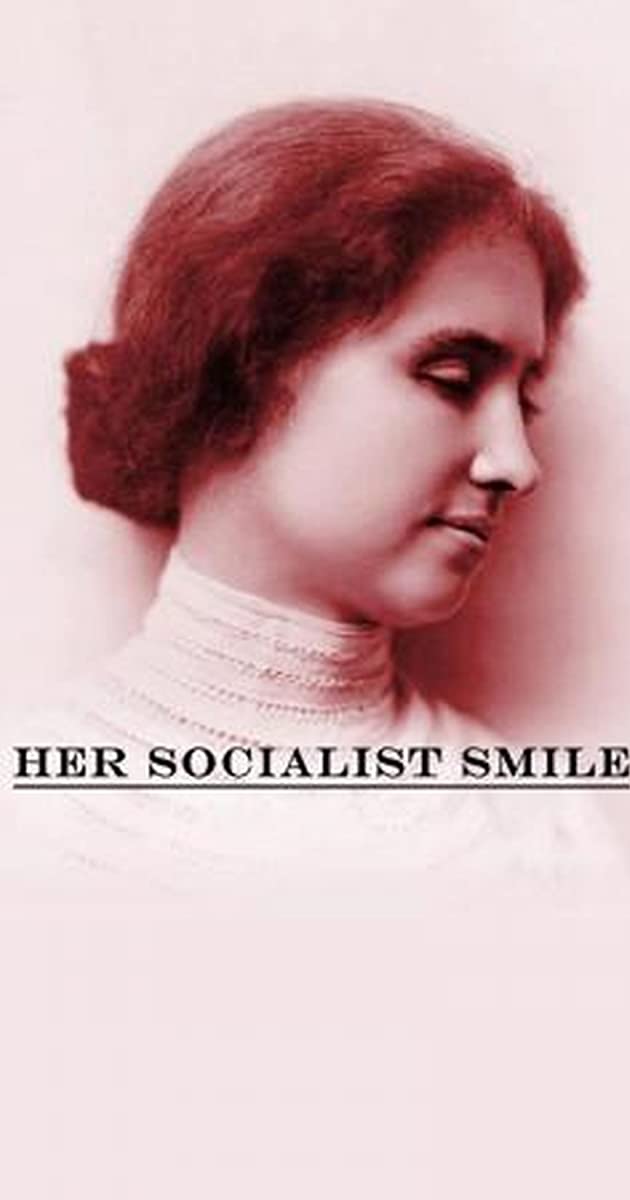
The memory of a particular moment in early 20th century history when, in 1913, Helen Keller (1880-1968), a deaf-blind writer, lecturer and political activist, spoke, for the first time and in public, about socialism and progressive causes.
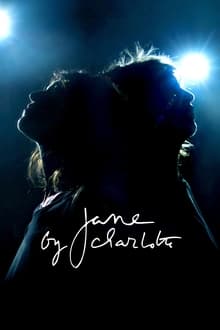
Charlotte Gainsbourg looks at her mother Jane Birkin in a way she never did, overcoming a sense of reserve. Using a camera lens, they expose themselves to each other, begin to step back, leaving space for a mother-daughter relationship.
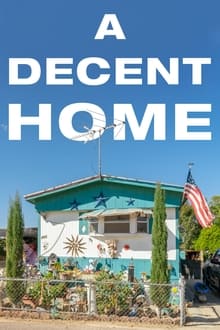
Mobile homes have long been an affordable option for people who struggle with the cost of other housing in the United States. But now the economy of mobile home parks is under threat as private equity firms are buying up properties and looking to squeeze more money out of mobile home owners. Filmmaker Sara Terry uses this backdrop to explore urgent class issues that resonate across America, and especially in the high-priced rental market of New York City.

In 1986, Luciano Pavarotti was invited to Beijing to present La Bohème, conduct master classes and perform concerts for more than 150 million people. Academy Award-winning filmmaker DeWitt Sage captures every moment of Pavarotti’s travels, from the tenor’s famously cheerful exchanges with local singers to the inevitable clash of cultures.